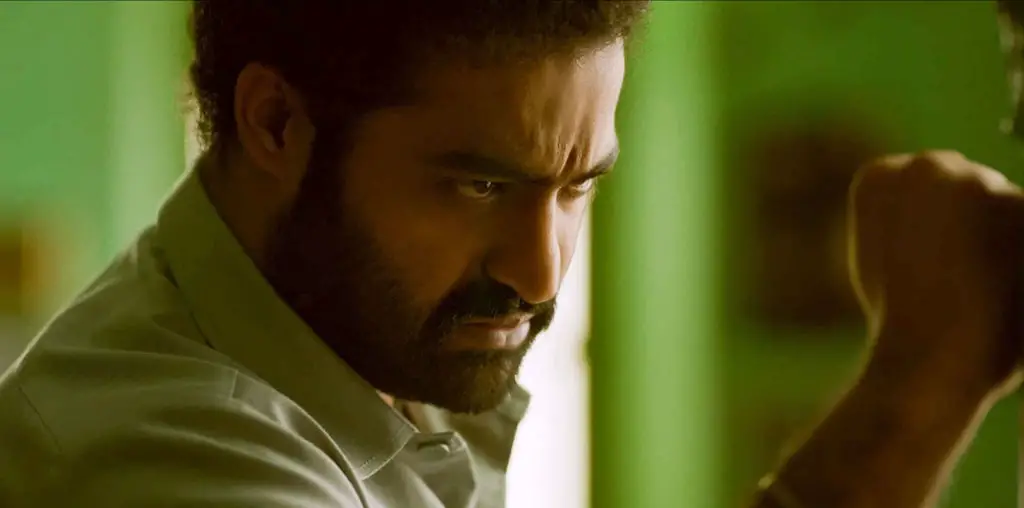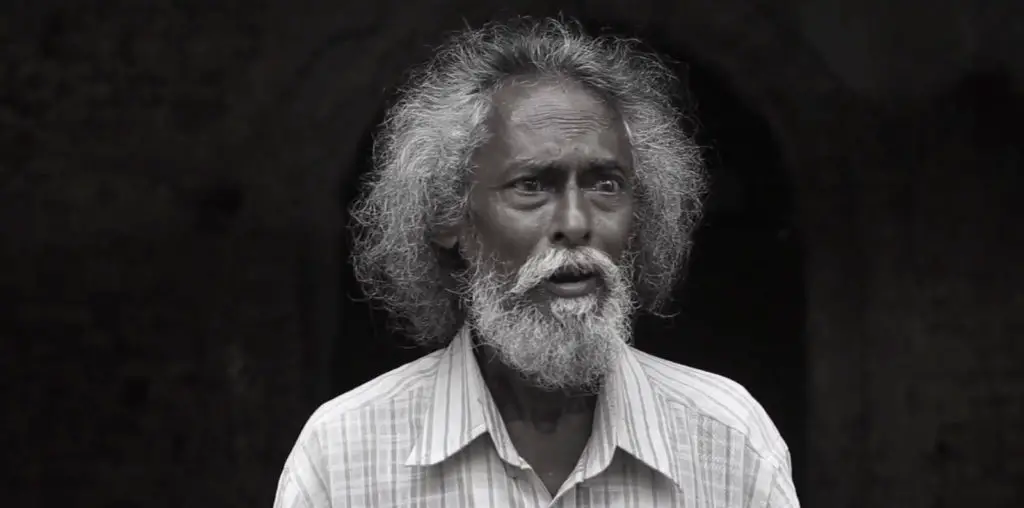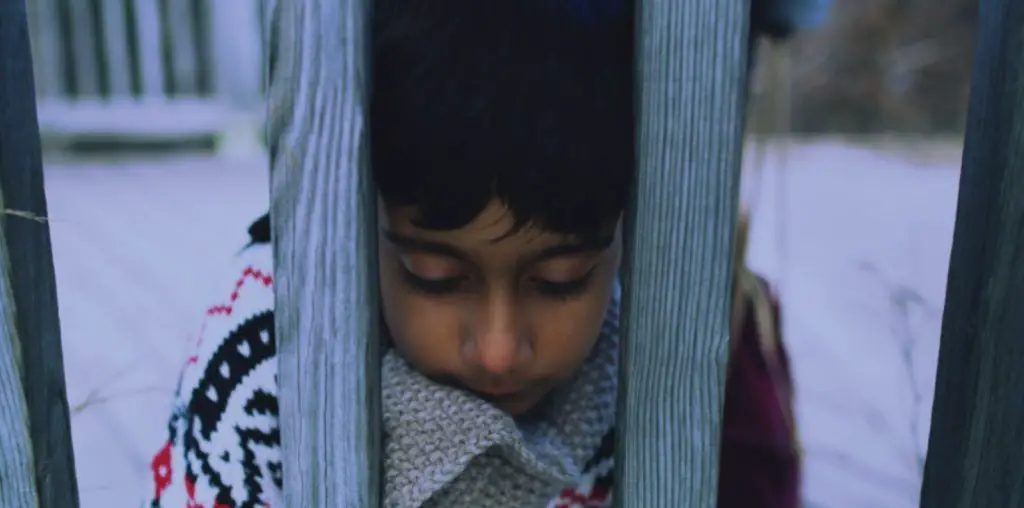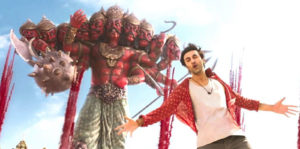
Mukerji deserves the credit for getting things right. The film sets up the path with a magical fight sequence featuring Shah Rukh Khan’s dynamic cameo that lights up the screen. The action choreography powered by the background music energizes the action. When Shiva is introduced to Isha (Alia Bhatt), love at first sight produces remarkable chemistry. Though it seems it will become something of more significance to the series in further installments. Mukerji uses the fact that Ranbir and Alia are a real-life couple to his advantage, making their moments on-screen more cherishable. But as said, Bhramastra only delivers on some of its promises.
As the movie moves on to the second half, the plot becomes awkwardly weak, with poor treatment of new characters. It starts suffering from an inconsistency between the focus on Shiva’s arc and the grand story this Part One intends to lay down, making way for the planned trilogy. But then, these other characters lose scope and spotlight, as they’re limited only to support Shiva and catalyze his rise to his full potential. They may have a more intelligible presence in the future, but it brings this down. However, that’s not what fails the finished product.
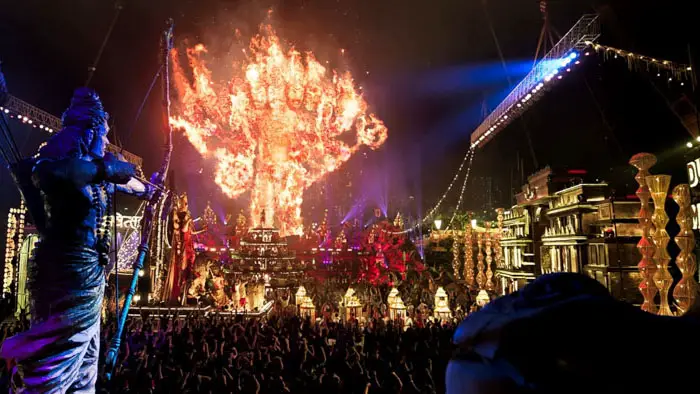
“…lavish flash-cum-fire effects and appealing imagery are attractive…”
Though lavish flash-cum-fire effects and appealing imagery are attractive, the writing could be better. It’s not the plot that lacks merit but the dialogue. Every line is dumbed down. For a film conceptualized over all these years with five spent writing, the conversations should be better with more thought in them. Surprisingly, the cast didn’t realize what the characters were conversing about during the table reads. The dialogue, which doesn’t resonate with the severity, couldn’t be compensated even with Amitabh Bachchan playing a charismatic Guru to Shiva. From calling his lady love a “button” to joking about his powers making pizzas, Dalal’s work on the lines will make you forget several good things about Bhramastra. The criticism over the dialogue got to the point where Mukerji publicly admitted the wrongdoings in this department.
As for the performances, Shah Rukh Khan is the best thing about the movie. Yes, he serves only a cameo, but fans won’t mind seeing him back in a more prominent role in the next installment. Bachchan proves that even at 79, he can turn eyes on-screen. Despite being the story’s core, Ranbir and Alia cannot overpower the shortcomings. Yet, Ranbir portrays his character’s arc commendably. Mouni Roy further leaves a good impression as the villainous Junoon. Her casting surprised many, but she rises up to the responsibilities and delivers a noteworthy performance. As I wrote earlier, several other characters with high potential are improperly used, such as Stanzin Denek’s Tenzing and more.
Brahmāstra: Part One – Shiva promises a lot for the future. It’s a good attempt at visiting the fantasy genre in an Indian context. The imagery is genuinely one of the best seen in Hindi cinema. There can be a hundred praises for the music beats and songs, especially the ones to which Arijit Singh lends his voice. While the narrative and the characters are derivations of several aspirations, this still feels original and new. It’s a fun watch; the only hope is that Mukerji and the team will make a cleverer and more rational entry the next time out. Plus, we NEED better dialogue for all the characters.
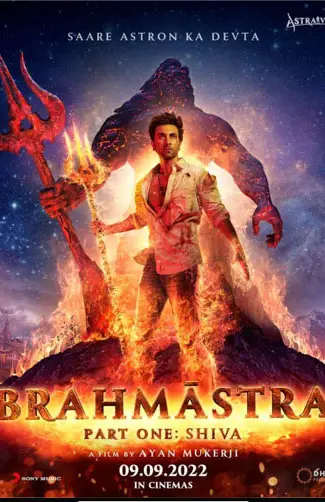
"…the near-equivalent of a Marvel franchise for India."
